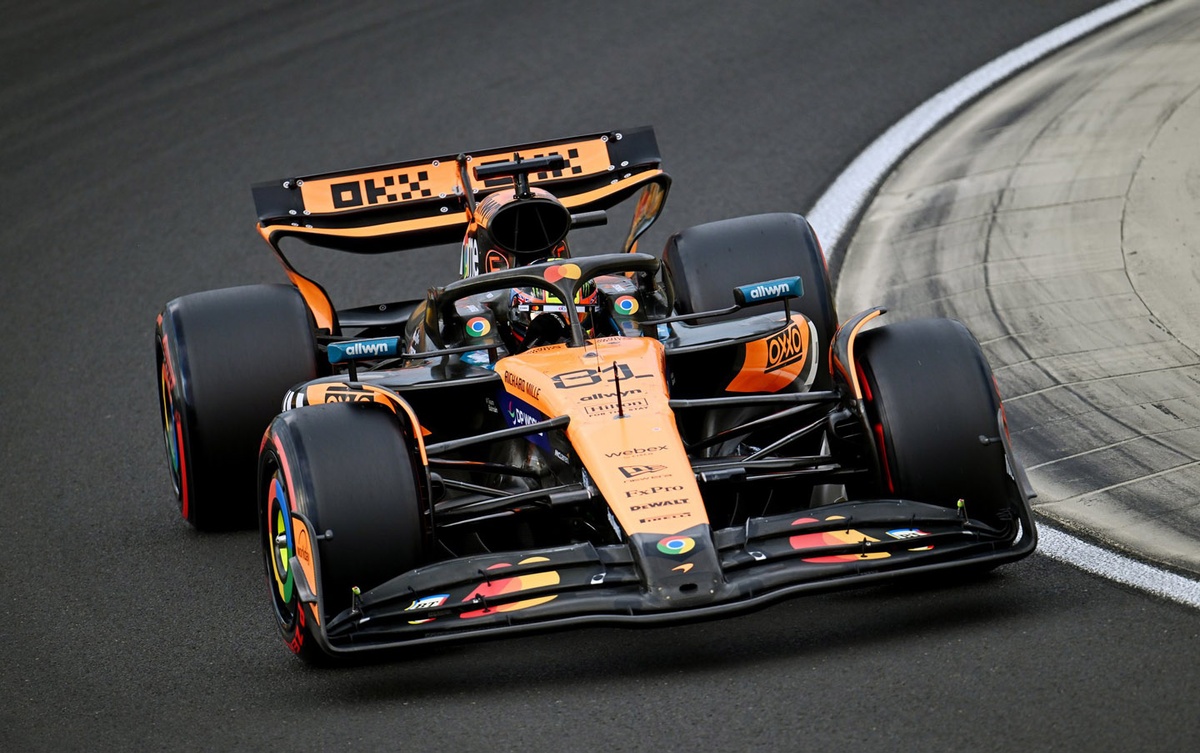
The Secret Behind McLaren’s Dominance in Formula 1
McLaren's remarkable success in Formula 1 over the past two years can be attributed to its exceptional in-season development capabilities. This strategy has allowed the team to consistently improve its performance, especially after a rapid turnaround in form during the 2023 Austrian Grand Prix.
In the early stages of the 2023 season, McLaren identified several inefficiencies in the aerodynamic design of its MCL60. This led to a restructuring of its technical department and an intensive development cycle aimed at revitalizing the team's performance. The results were evident when McLaren introduced a significant upgrade for the Red Bull Ring race, transforming it from a sporadic points scorer to a regular podium contender.
The momentum continued into the 2024 season with the introduction of the MCL38, which started the year stronger on the grid. A crucial floor upgrade in Miami set the stage for McLaren’s eventual constructors' title victory. Building on this success, the team has maintained its upward trajectory, with the MCL39 proving to be the dominant car in the 2025 season.
The Importance of Correlation in Development
McLaren’s ability to consistently enhance its cars is largely due to its superior correlation processes. This means that every update seamlessly integrates with the existing package to boost performance. Team principal Andrea Stella attributes this success to the team's focus on fundamentals.
"Establishing a trend where developments—whether mechanical or aerodynamic—are successful is the result of many factors," Stella explained. "There's no magic bullet in Formula 1 for success. It's about working on the fundamentals."
Stella emphasized that these fundamentals involve not just generating ideas but also understanding the methodologies used for development. This includes knowing when these methods will be effective in both innovation and confidence in track performance.
"Generating knowhow as a team is a simple statement, but in reality, it's one of the most complex challenges in Formula 1," he added. "We've invested a lot in this area, and I have to praise the quality of our people because even with methodologies, they are always driven by individuals."
Data-Driven Decision Making
Correlation in Formula 1 refers to how teams gather data across various simulation tools and compare it with actual track performance. Even if the numbers differ slightly, as long as the discrepancy remains consistent, teams can adjust accordingly in further simulations.
McLaren has managed to avoid the pitfalls of inconsistent data. The team takes its time with new parts, testing them in practice sessions before using them in competitive races. For example, the front wing first introduced in Canada was tested in Friday practice before being used in a competitive session in Austria.
Surprising Competitiveness in 2025
Reflecting on McLaren's performance in 2025, Stella admitted that the level of competitiveness came as a surprise. However, he credited the team's aggressive approach to evolving the 2024 car.
The team had set a target to consistently outperform other frontrunning teams. Stella noted that their pre-season estimates of the margin over competitors were not sufficient, prompting an ambitious development strategy.
"We wanted to eliminate the 'going into race weekends and you never know who's going to win' situation we had last year," he said. "We thought we needed to do a little more than normal development."
This aggressive approach led to the creation of the highly innovative MCL39. While the team was initially nervous about some of the engineering solutions, the lap times and simulation data eventually confirmed that their efforts were paying off.
Conclusion
McLaren's success in Formula 1 is a testament to its commitment to fundamentals, data-driven decision making, and continuous innovation. By focusing on correlation, methodology, and team expertise, the Woking-based team has established itself as a dominant force in the sport. As the 2025 season progresses, it's clear that McLaren's strategies are not only effective but also setting a new benchmark for excellence in Formula 1.
